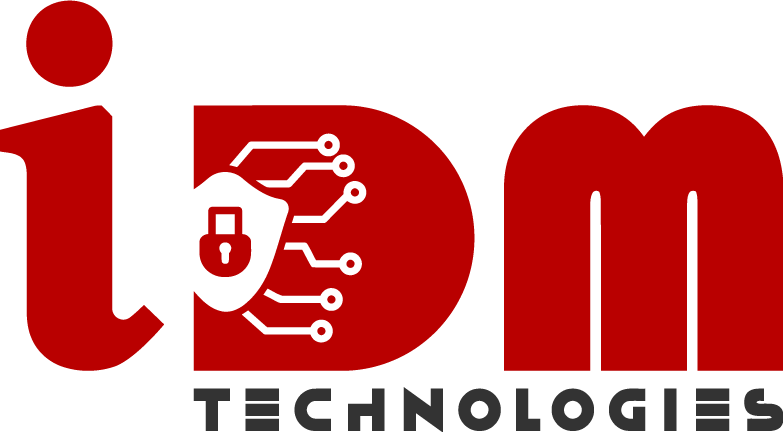In a remote work era, the importance of identity governance cannot be overstated. By implementing effective governance strategies, organizations can manage access, ensure compliance, and mitigate risks associated with unauthorized access. At IDM Technologies, we prioritize identity governance as essential for safeguarding digital assets and maintaining a secure working environment.


